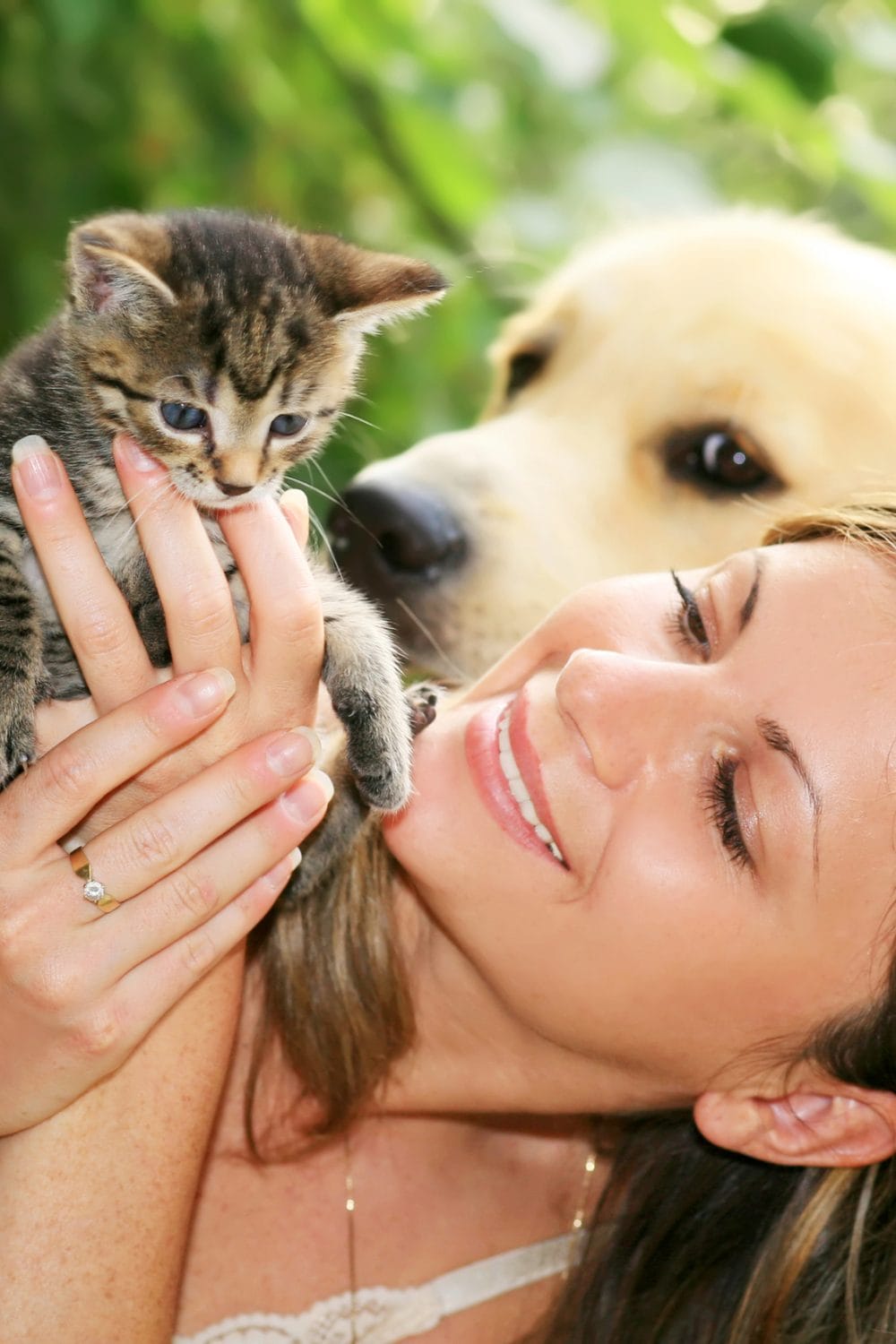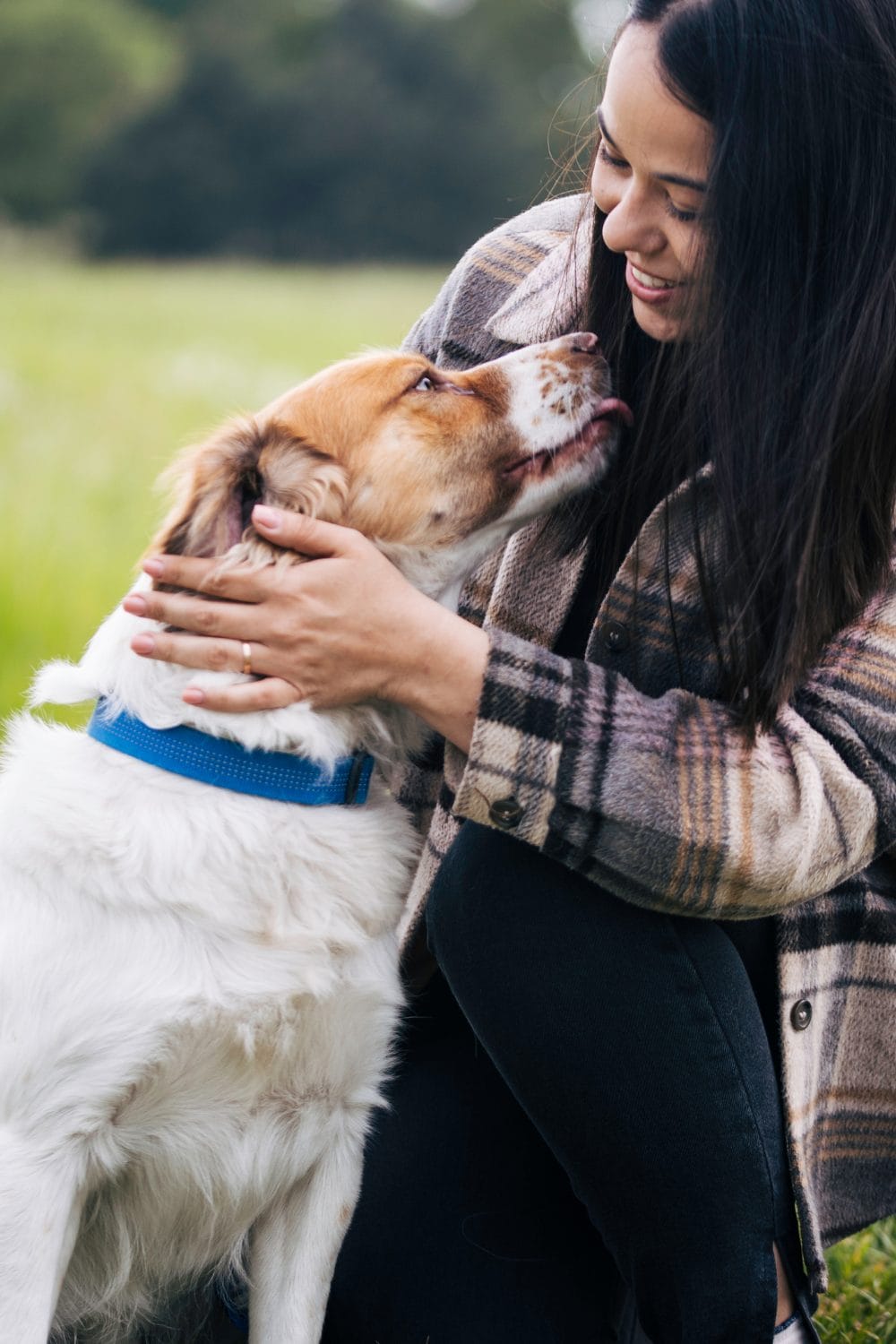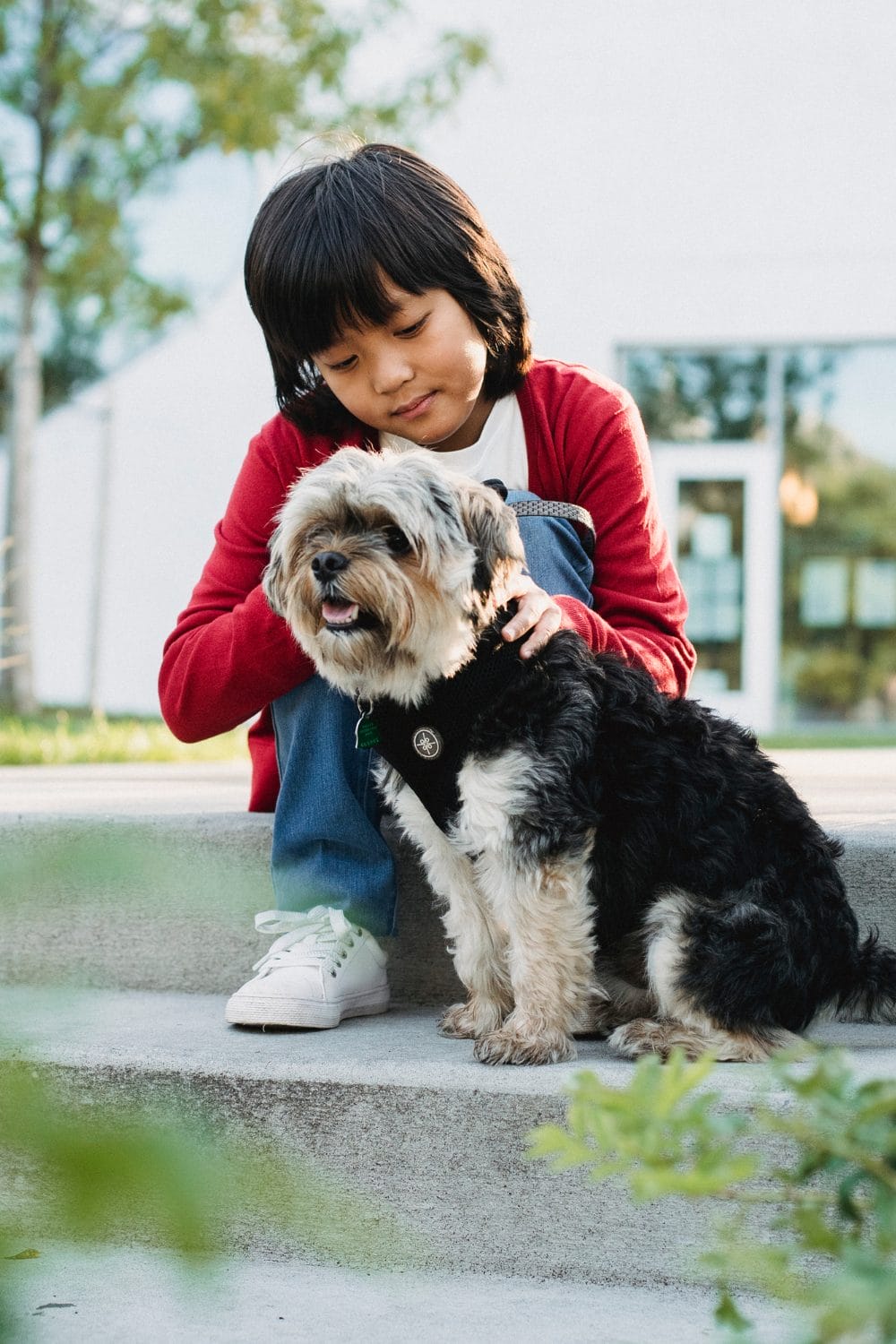
Have you ever looked into your pet’s eyes and wondered, “Signs Your Pet Loves You?”
Whether you own a dog, cat, bird, or even a reptile, forming a loving bond is one of the most rewarding parts of being a pet parent.
But since our pets can’t talk (at least not in our language), we have to rely on their behavior to understand their emotions.
In this article, we’ll explore the undeniable signs your pet loves you, why animals show affection, and how you can build a stronger connection with them.
Whether you’re new to pet ownership or a long-time animal lover, this guide is packed with tips, insights, and heartfelt truths.
The Significance of Your Pet’s Love

When your pet loves you, it’s more than just tail wags and purrs. It contributes to your mental health, emotional stability, and even physical wellness.
Numerous studies have shown that pets help reduce stress, lower blood pressure, and combat loneliness. But that connection isn’t automatic—it’s built on mutual affection and trust.
Understanding how pets express their feelings allows us to foster a healthy, loving relationship. It also helps prevent misinterpretation of behavioral cues, which can lead to frustration or miscommunication.
Why Do Pets Love Humans?
Pets don’t just offer affection because they’re dependent on us for food or shelter—at least, not entirely. Many animals form deep emotional bonds through:
- Socialization: Pets raised around humans tend to view us as part of their social group or “pack.”
- Positive reinforcement: Affection, play, and food rewards encourage emotional attachment.
- Instinctual bonding: Especially in mammals like dogs and cats, instincts drive bonding behaviors for safety and companionship.
- Emotional mimicry: Pets, particularly dogs, often mirror our emotions, deepening their empathy toward us.
Understanding why pets love humans helps explain the behaviors that follow.

Types of Pets That Are Most Lovable
Here’s a quick look at some common household pets and their typical affection levels:
| Pet Type | Common Ways They Show Love |
| Dogs | Licking, tail wagging, leaning, cuddling |
| Cats | Purring, kneading, headbutting |
| Birds (Parrots) | Singing, mimicking speech, preening |
| Rabbits | Nudging, licking, lying beside you |
| Guinea Pigs | Squeaking, following you, purring |
| Ferrets | Snuggling, playful nibbling |
| Reptiles | Calm demeanor, following with eyes |
Top Signs Your Pet Loves You
Let’s break down the most common and heartwarming signs your pet loves you:
Follows You Around
Whether it’s a dog trailing behind you or a cat weaving through your legs, this behavior means your pet feels safe and wants to be near you.
Licks or Grooms You
Licking is a strong gesture of affection in many animals. Cats may groom you like a fellow feline, and dogs may give you kisses as a sign of trust.
Maintains Eye Contact
Especially in dogs, direct eye contact can release oxytocin (the love hormone). If your pet stares into your eyes with a soft gaze, it’s a big sign of love.
Brings You “Gifts”
Cats often bring toys—or even prey—to show appreciation. Dogs might drop their favorite ball in your lap. It’s their way of sharing.
Sleeps Near You
Choosing to sleep next to or on you shows your pet feels secure and bonded. It’s one of the most primal forms of affection.
Wags Tail or Shows Excitement
A wagging tail in dogs or a high tail in cats often signals happiness and attachment. Birds might flap or dance in your presence.
Responds to Your Voice
If your pet perks up when you speak, or even comes when called, they recognize you as someone special.

Kneads or Nuzzles
Especially common in cats, kneading is a kitten behavior carried into adulthood—a comforting action that signals contentment and affection.
Mimics Your Emotions
This is common in dogs and birds. If you’re sad, your dog may become quiet and sit by you. That emotional sync is a true marker of love.
Protectiveness
If your pet becomes alert or defensive when strangers approach, it’s often because they care deeply about your safety.
How to Make Your Pet Love You More
Want to deepen your bond? Here’s how to make your pet love and trust you even more:
Consistent Positive Reinforcement
Use treats, toys, and praise to reward good behavior. This type of reinforcement builds trust and helps your pet associate you with positivity.
Spend Quality Time Together
Play, walk, talk, or just sit beside them. Time equals bonding, and pets thrive on attention.
Respect Their Space
Don’t force cuddles or handling. Let your pet approach you when they’re comfortable—it builds trust naturally.
Learn Their Body Language
Understanding signs of fear, excitement, or stress allows you to respond appropriately and strengthen emotional rapport.
Provide Routine and Stability
Animals feel secure with routine. Regular feeding, walking, and interaction times help pets feel loved and grounded.
Use Gentle Touch
Petting is a powerful tool. Most pets enjoy being touched—just know the spots they prefer (like behind the ears or under the chin).

Conclusion
Love between humans and pets is one of the most sincere forms of connection.
Whether you own a loyal dog, a curious cat, or even a reserved reptile, they have their own ways of showing they care.
Recognizing the signs your pet loves you reassures you as a pet parent and allows you to return the affection in ways your pet understands.
Building that bond takes time, patience, and respect—but the rewards are immeasurable. After all, the love of a pet isn’t just adorable; it’s healing, joyful, and deeply real.
FAQs
Dogs show love by wagging their tails, licking, following you, maintaining eye contact, and sleeping near you. These are clear signs your dog loves you and trusts you completely.
Cats express affection differently. They may purr, knead, headbutt, or groom you. While cats are more independent, they are capable of deep emotional bonds.
While reptiles don’t show affection in traditional ways, many recognize their caretakers and respond positively to consistent, gentle interaction.
Birds show love by singing when you’re near, mimicking your voice, sitting on your shoulder, or gently preening you.
Start with patience and consistency. Offer treats, spend time together, speak softly, and respect their boundaries to build a strong and lasting bond.
- Dogs Pooping Blood: A 2026 Guide for Concerned Pet Parents - February 23, 2026
- How to Celebrate a Dog’s First Birthday on a Budget: 2026 Guide - February 18, 2026
- Best Shampoo for Sensitive Skin Dog Grooming: 2026 Guide - February 12, 2026


GIPHY App Key not set. Please check settings